DANIELA JIMÉNEZ WAS born in Mexico City, Mexico and lives in Little Italy, Chicago. The 20-year-old student identifies herself as Mexican. “Well, I’ve heard recently that Hispanics or Latinos don’t want to be identified as white anymore, and they’re using mestiza, so I guess I will go with mestiza,” she said. Jiménez came to the U.S. around the age of four.
What do you think of the term, Latinx, identifying people of Latin American or Spanish background?
I think it’s nice that the way, that Latinx is more inclusive because Spanish is a very feminine or masculine language, there’s no real in between or anything. I understand why they want to use Latinx. But I’ve also heard that the argument was, “Why Latinx”? It’s Latine, where it’s easier to say, with the Spanish [speaking people]. I think it’s nice but if it were to be more Spanish appropriate, Latine I think, I would go with better.
Do you feel Latinx is just an excuse for corporations to lump all Latino cultures together?
I’ve never seen it that way before. I do think that companies definitely take more advantage of the term Latinx, and definitely I’ve seen them use it more than the Latinos, Latinx themselves. I definitely see corporations using it as a way to coin all these cultures together.
Has your experience as a Latina or Latinx person isolated you to the way you grew up, or have you been able to branch out culturally?
For everyone their experience varies as a Latinx/Latina person, but I don’t think I’ve had a cultural difference because I was raised in a very Hispanic Mexican household where I always was in touch with my roots. But definitely there were times where because I didn’t have a lot of Mexican/Latinos around me, I definitely felt I wasn’t as connected as I would see other people, because the Spanish [language] is a big part of our identity as well. So, not being able to be comfortable enough to speak to others I feel that definitely impacted me.
The U.S. has many labels right like you can be Mexican, Mexican American, Latina, Latino, Hispanic. How do you feel the labels have changed in the U.S., compared to if you had grown up in Mexico?
I feel labels such as those don’t really exist in Mexico because it’s very homogenous. I think the struggle to try to identify yourself in Mexico wouldn’t be as hard. For me, it took me a while to use the term Mexican American because I just identified as Mexican. [I started] using Mexican American after I became a U.S. citizen. Trying to find a way to identify yourself within America definitely comes with struggles.
“Spanish is really important; once I lose touch with Spanish I also lose touch with my cultural heritage.”
How do you navigate U.S. culture? What kind of culture shock do you feel are different from American culture to Mexican culture?
I think American culture is very—people describe it as more free—but they don’t have the heritage, culture, I guess you could say, because when I think of culture I think more of heritage. I feel there’s not much heritage here that’s bright and colorful and really deep rooted in a person like in Mexico. You really miss so much heritage culture there. As for culture shock, because I was raised here it’s hard to find culture shocks. [Some differences such as] in my family and an American family would be, [that we say] “Provecho” when you see someone eating. I even thought about it today. I was excited about it because I saw a co-worker eating, and I wanted to say that, but it’s like, they don’t understand and I don’t use it even that often. It just felt like a formality.
Do you speak Spanish?
I do speak Spanish, not as often anymore, but I definitely try to use Spanish with my friends and Spanish class with my professor. I tried speaking Spanish there.
How do you view Spanish, as an attribute of your identity, how important is it?
Spanish is really important; because I feel once I lose touch with Spanish I also lose touch with my cultural heritage as well. It’s such a big part that I’ve always wanted to keep, which is why I’m taking Spanish classes and trying to keep a Spanish minor; it’s something that I need to do. And I won’t slack off on it either, because it would be a minor. That’s how I try to keep my Spanish intact, especially since I don’t use it as often anymore in my house.
It’s harder when you’re surrounded by so many English speakers most of the time.
Yeah, it was really hard especially in middle school, because I didn’t use it as much, and I didn’t use it in elementary. So when people start using it in high school with each other again, it was very strange to me because I never use it like that. But that’s why I definitely try to use it more often, especially with my friends who all happen to be Mexican. It’s easier for me to use it more casually with them.
Would you say your culture is better than someone else’s, who is of a different ethnicity or country?
I wouldn’t say Mexican culture is better than other cultures because personally I’m very fascinated by a lot of other cultures and looking into them. Each country has their own unique and individual culture, good or bad; it really shows the history of the people who grew up in it.
Does cultural appropriation bother you?
Yes, very much so. Especially with Día de los Muertos. I’m just like, “Oh my God, I’m not ready for that,” like I prepare myself every year. It’s like the culture appropriation that’s going to come out of it.
Do you feel it’s something people take seriously, like cultural appropriation?
I feel some people do, some people don’t take it seriously, but people that I know don’t take it as seriously as I feel like they should. Because they don’t. They need to understand that it’s literally their culture, their heritage that’s being affected by the perception and the appropriation of other people.

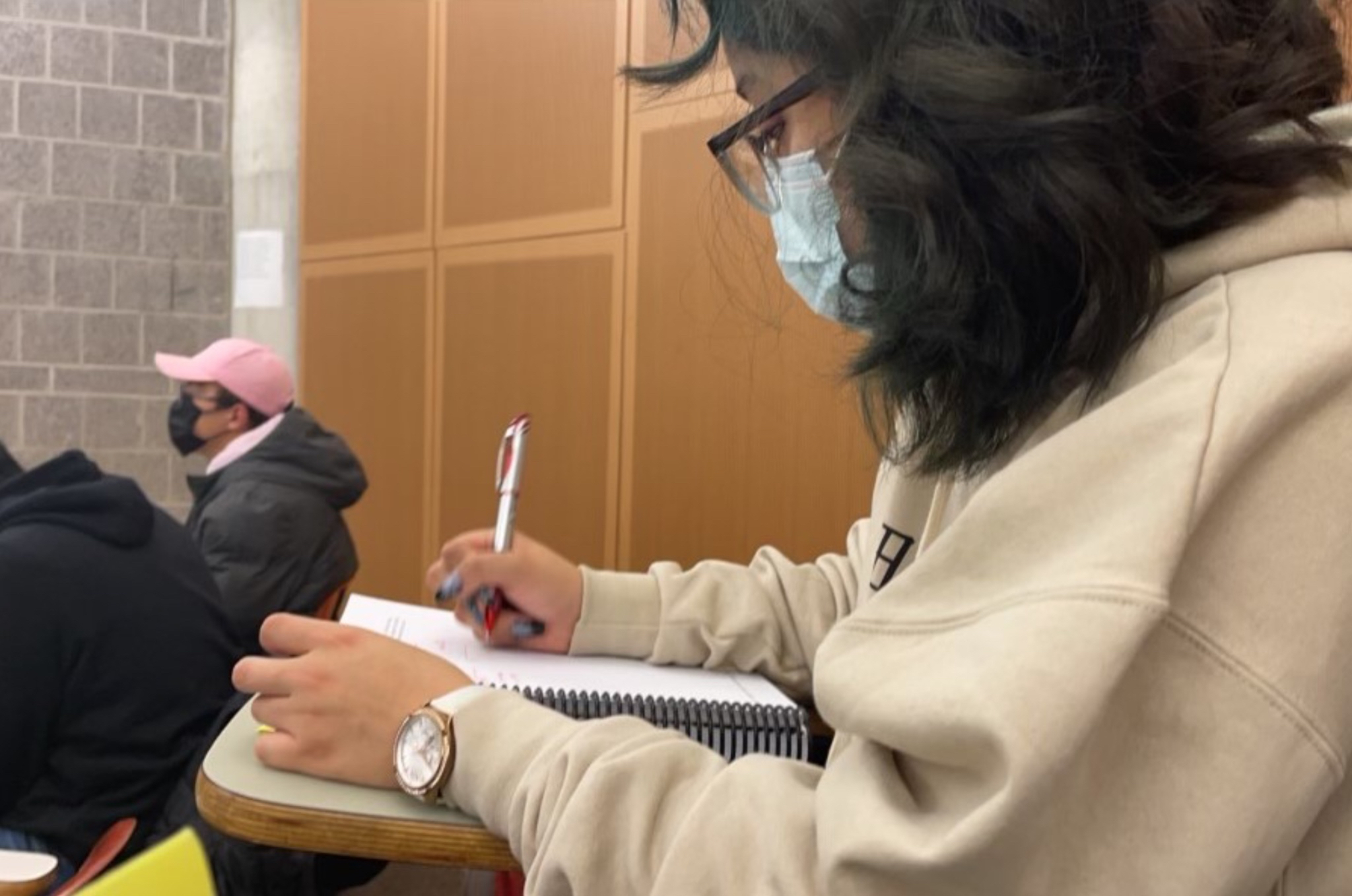
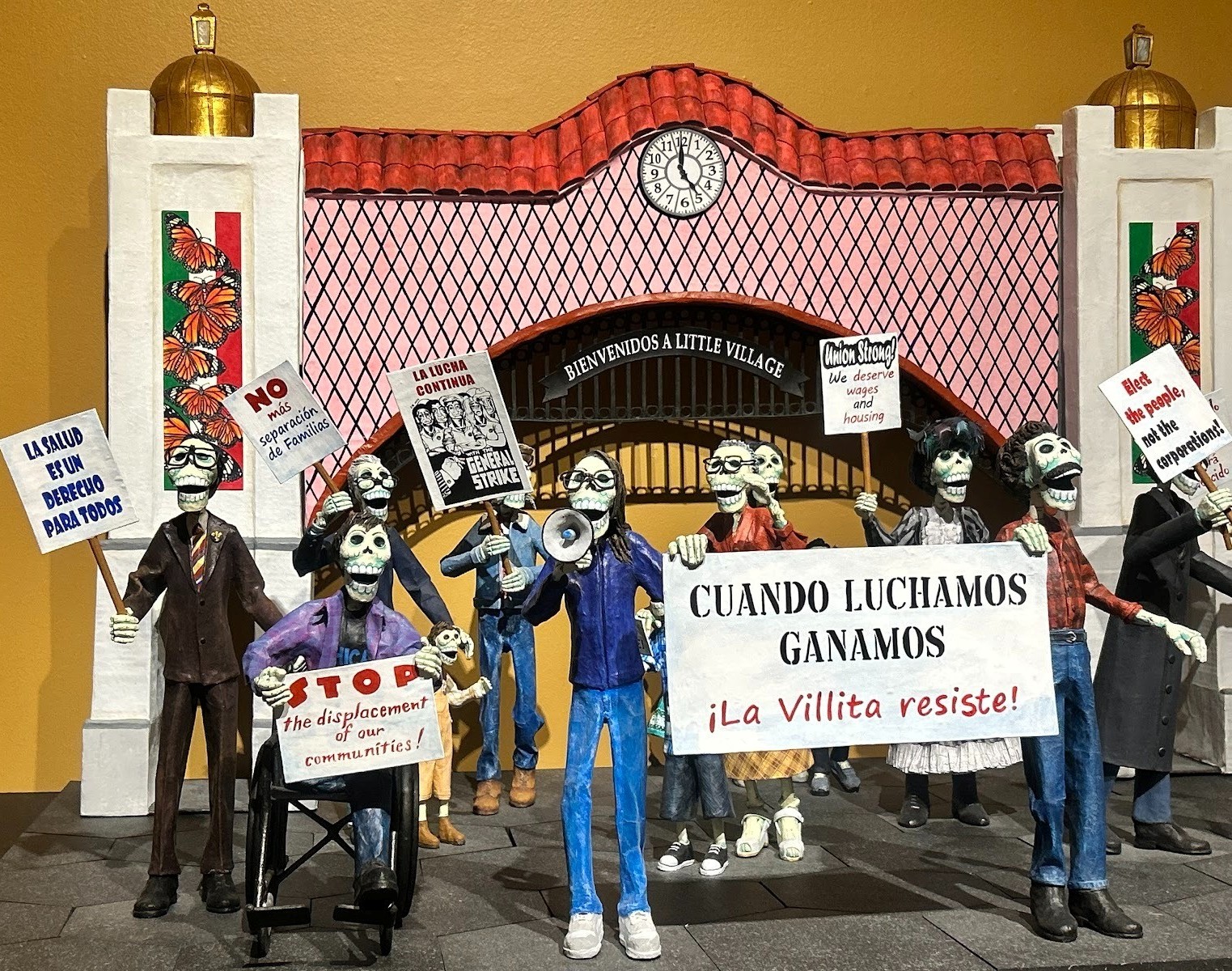

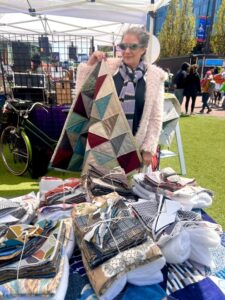
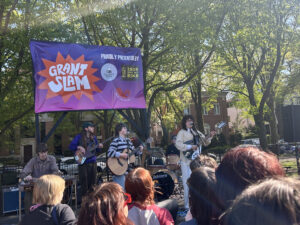









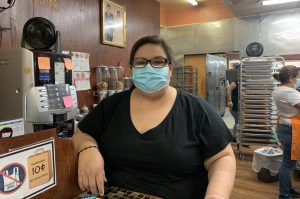


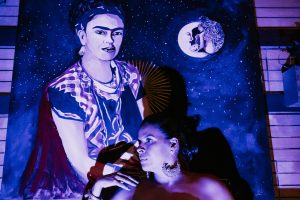

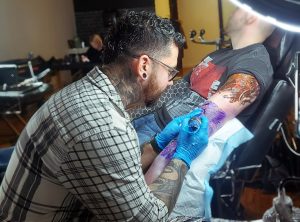
Be First to Comment